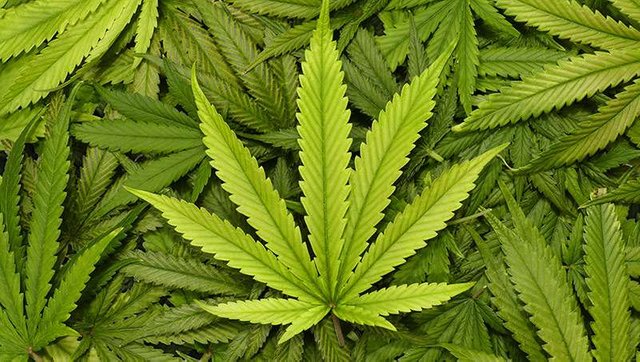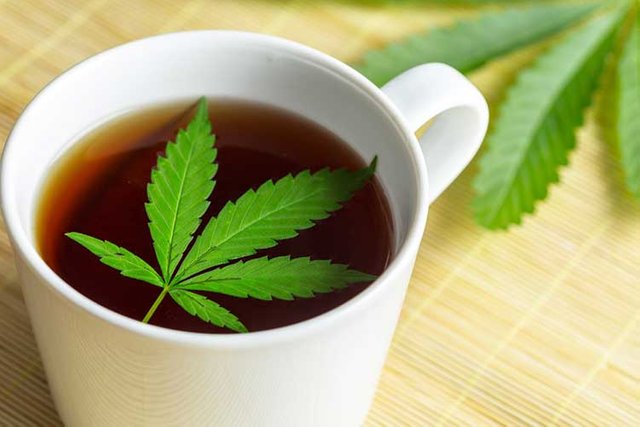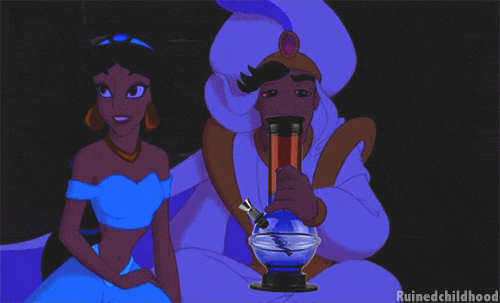CANNABIS: MYTHS AND REALITIES

Cannabis Sativa is one of the first plants that the human being cultivated. The archaeological findings show that the fiber of the plant was used in 4000 BC to make ropes, ropes, fabrics and even paper. And also as a remedy to treat and cure various ailments and diseases: the medicinal use of cannabis was already in what is known so far as the oldest pharmacopoeia, the Pen Ts'ao Ching, dating from the year 2,700 BC. Also in this great herbarium are the first references to the ambivalent effect of cannabis: "Its fruit, taken for a long time, allows one to communicate with spirits and lighten one's body. Although taken in excess, it will produce visions of demons ... ".
Analgesic, anticonvulsant, hypnotic, tranquilizer, anesthetic, anti-inflammatory, antibiotic, antiparasitic, antispasmodic, digestive, appetite stimulant, diuretic, aphrodisiac, antitussive and even expectorant. All these and some more were the uses that human beings from Asia to Europe and America gave to cannabis for thousands of years. For Western medicine, everything stopped in the 1920s, with the first prohibitions. From 1965, when it was possible to identify the chemical structure of the components of cannabis, and with even greater force starting in the 1990s with the description of the endocannabinoid system in the brains of humans and animals, marijuana was once again the center of a more dispassionate look.

Myth: It is a harmless product for health, since it is a natural product. It is an ecological drug, it is the substance of peace and relaxation.
Reality: Natural product and innocuous product are not synonymous. Tobacco and opium are also natural and no one doubts their risks. The consumption of cannabis causes alterations in the normal functioning of the brain, which is nothing ecological.
Myth: Young people consume cannabis because it is forbidden: if it were legalized, it would consume less.
Fact: The drugs that are consumed most among young people are alcohol and tobacco, and these are legal. In addition, in the consumption, more than the prohibition, influences the facility to obtain the substance and the degree of social acceptance of the same.
Myth: Cannabis has therapeutic effects, so it should not be bad to smoke a joint from time to time.
Fact: The medical uses of cannabis are controlled and have nothing to do with recreational use. There are also medications derived from opium and nobody thinks it is healthy to consume heroin.
Myth: Cannabis use can be controlled because it does not cause addiction.
Reality: There are scientific studies that show that their continued consumption can cause addiction, especially when consumed in adolescence.
Myth: Smoking cannabis is less harmful than smoking tobacco.
Fact: Cannabis contains many of the carcinogens and mutagens of tobacco and in greater quantities (50% more). In addition, the way to consume it (smoked, unfiltered and with deep aspirations) increases the risks of cancer. It has a bronchodilator effect, which favors the absorption of toxic substances, and as with tobacco, is also harmful to passive smokers.
Legalization, therefore, will eliminate much of the violence and corruption that currently characterizes marijuana markets. And it is that all this occurs because the participants can not resolve their disputes through non-violent mechanisms. By eradicating this, it will somehow increase the economy of our country since when sold with government authorization, the profits will also be for him and said money if it has a good use, can help create more jobs and public works.

In other words, the fact that the consumption of a certain substance is allowed, does not result in the State being prevented from regulating the behaviors associated with such consumption or preventing, attending to or treating its effects. Although the same project accepts that information campaigns and public health strategies would be more effective than the prohibition itself, in the end its argumentative construction focuses exclusively on the state's non-interference with individual liberties, which makes it impossible to assume and develop a public health approach, essential to adequately protect the human rights of the population in general, and the right to health in particular.

Most of the people have very wrong conception about marijuana and a time will come when people will realize that marijuana should not be banned and can be made available to public life for having it s so many wonderful benefits.
Totally agree! We have the example of Holland. It is legal under a regularization, but it is a first world country, without crime and very good life. It has one of the best minimum wages worldwide.